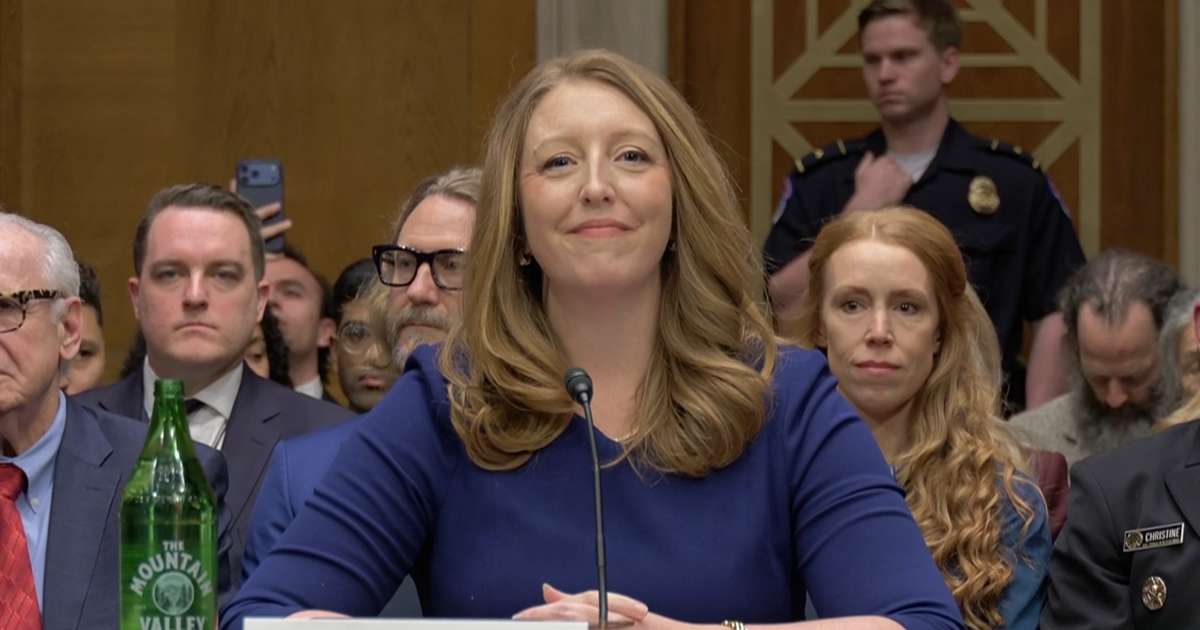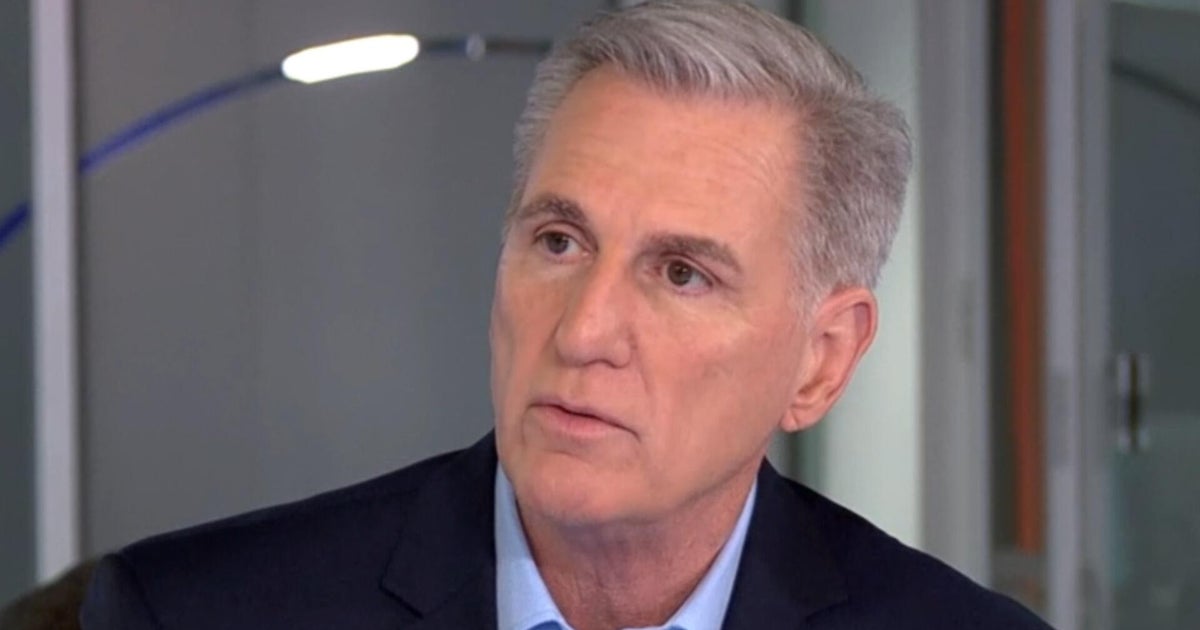California State Senate Rejects Social Network Privacy Bill
SACRAMENTO (CBS / AP) -- California senators rejected a bill Friday designed to increase privacy on social networking sites, persuaded by objections from some of the burgeoning industry's biggest players.
Sen. Ellen Corbett's Senate Bill 242 would bar social networking websites from automatically revealing a user's address, phone number and similar information unless there is a clear warning they will do so. Users could opt of displaying the information if they wish.
The bill received just 16 of the 21 votes it needed to pass the Senate. Corbett, D-San Leandro, said she will seek more support and plans to bring her bill up again before next week's bill-passage deadline.
Similar bills are being discussed in Congress and other states, but Corbett said her bill would be the nation's most far-reaching attempt to control social networking privacy features and has made the most progress toward becoming law.
Corbett said that her bill would provide commonsense privacy protections. The information that she wants to protect includes driver's license numbers, Social Security numbers, employee identification numbers, savings account numbers, credit card numbers, and information about their current geographic location such as global positioning coordinates.
Users could opt to release the information.
Facebook, Google, Twitter, Yahoo, Skype and online matchmaking sites are among the companies opposed to it.
"It's important to remember, our privacy information is not a commodity owned by the Internet," Corbett said.
The bill would require websites to remove the protected information for users younger than 18 at their parents' request. Corbett said she introduced the bill to "protect people from identity theft and to protect children from predators."
"There is absolutely no evidence this will hurt business," she argued. "It will build trust with consumers."
Internet companies opposing the measure said in a May 16 letter that the bill would violate constitutional free speech protections. They argued it would undermine consumers' ability to make informed choices about the use of their personal information "while doing significant damage to California's vibrant Internet commerce industry at a time when the state can least afford it."
Most sites now let users reveal or conceal personal information in the context of what they are doing at any particular time, the companies said. Corbett's bill would force them to make blanket privacy decisions before they ever have used a service.
Opponents in the Senate echoed the companies' economic concerns as the state faces high unemployment and declining tax revenues that have led to lingering $10 billion budget deficit.
Sen. Sam Blakeslee, who represents part of the Silicon Valley, called the proposed bill "a ruinous policy for our state."
"Here we go again, trying to strangle the life out of a technology located in California," said Blakeslee, R-San Luis Obispo. At a time of high unemployment, "we're now about to chase one of the most important areas of our economy off to Arizona" or other states, Blakeslee said.
"It's very simple. It isn't going to be the end of the Internet as we know it," countered Sen. Noreen Evans, D-Santa Rosa.
Sen. Mark Wyland, R-Solana Beach, said Corbett raised important privacy and safety concerns. But he said they need to be addressed nationally, not piecemeal in states that could suffer as a consequence.
Corbett's bill would apply to any individual in California or company that has users or customers in the nation's most populous state.
"This would happen whether Facebook was located here or otherwise," Corbett said.
She noted the social networking giant has more than 600 million users, many located in the state. "I don't think they're going to stop doing business in California. I think that's what we used to call in law school a 'red herring.'"
She said she is open to amending her bill and has tried to negotiate with Facebook and other opponents without success.
(Copyright 2011 by CBS San Francisco. All Rights Reserved. This material may not be published, broadcast, rewritten, or redistributed. Wire services may have contributed to this report.)







